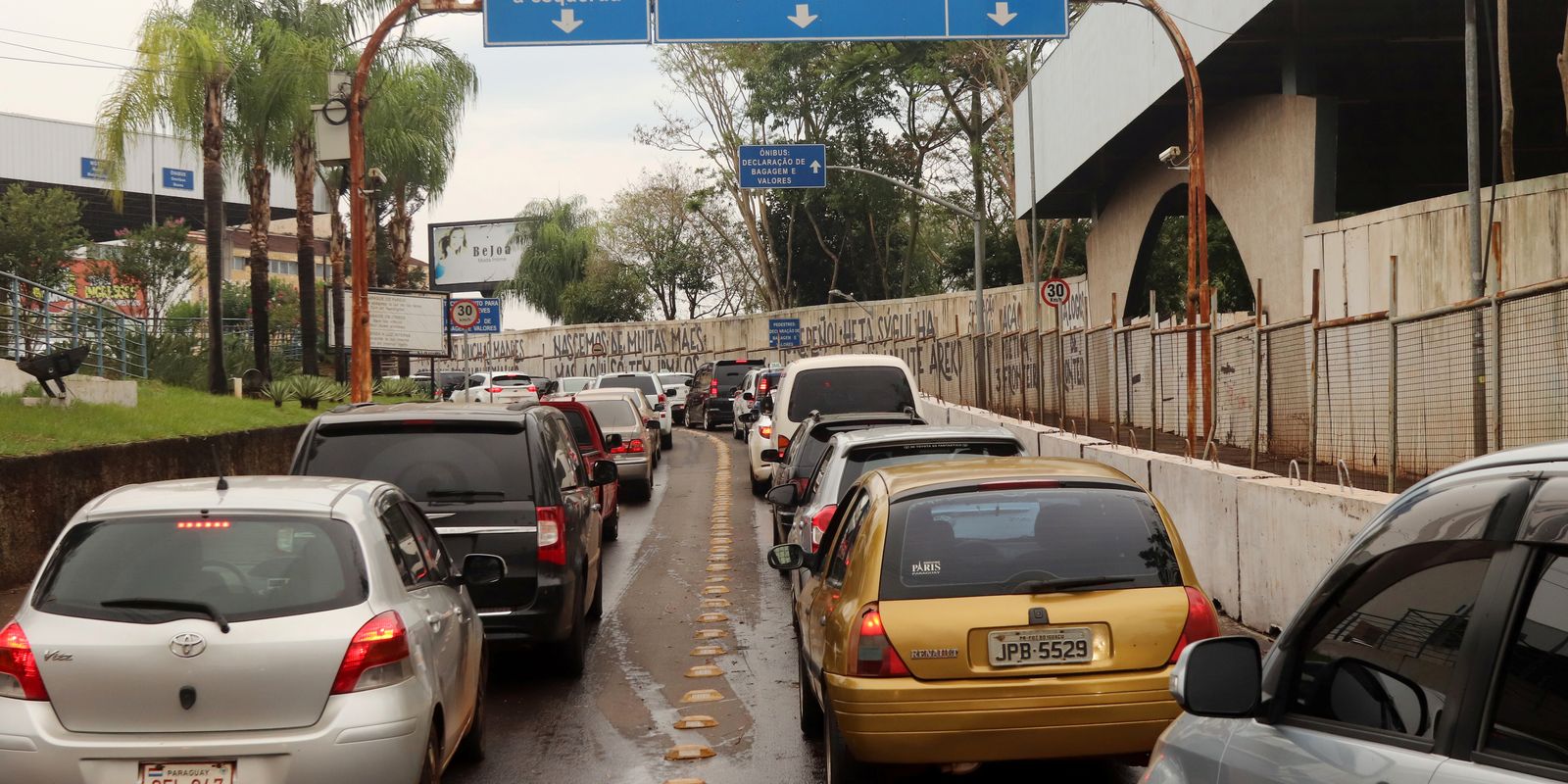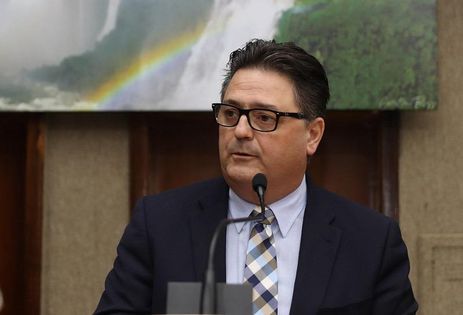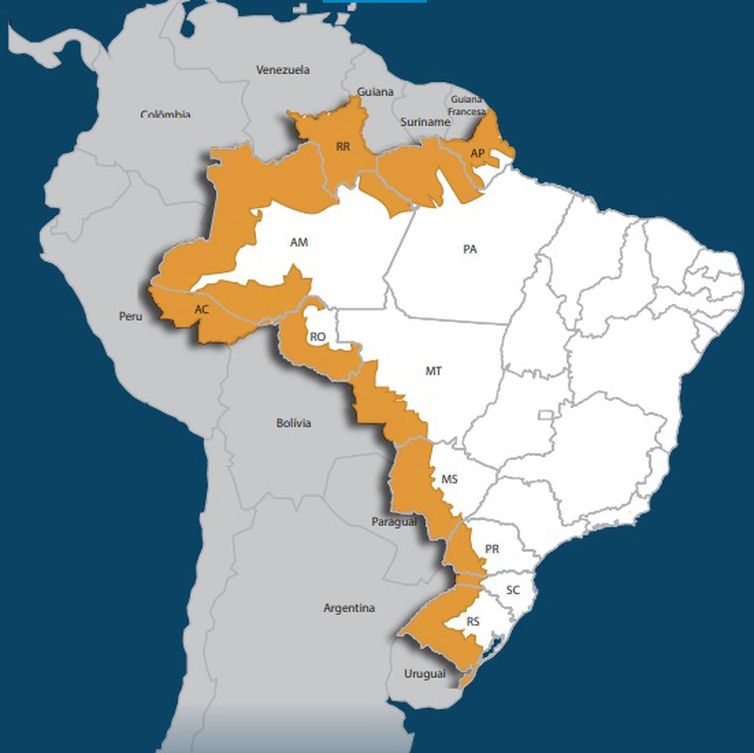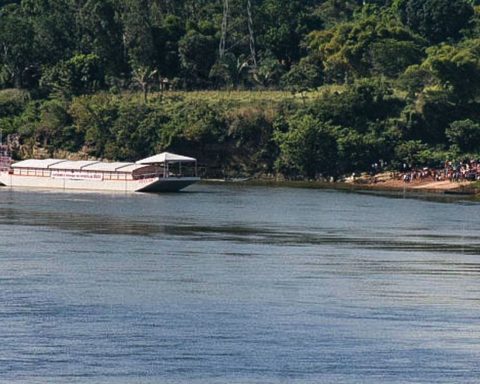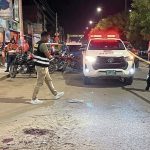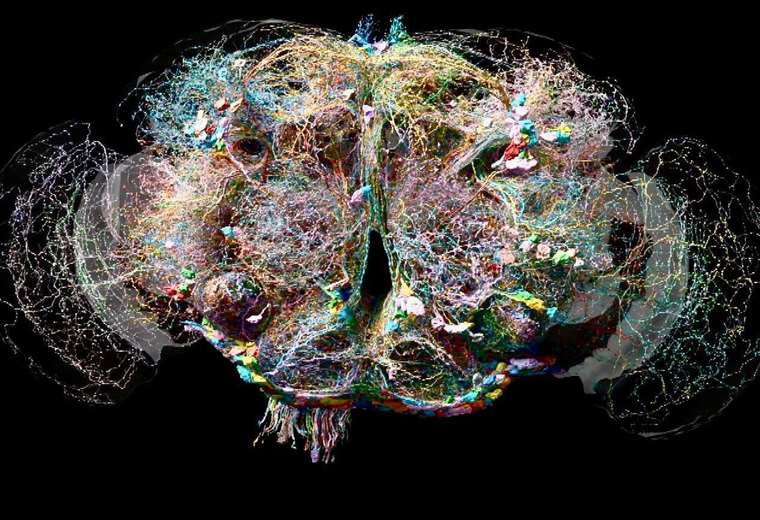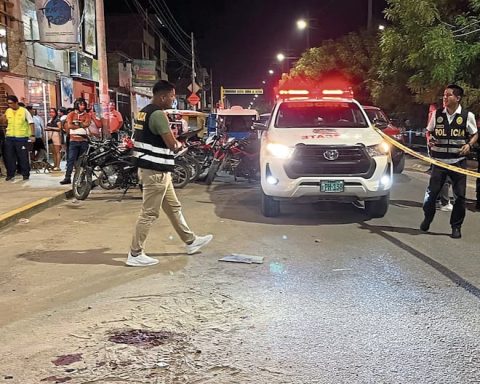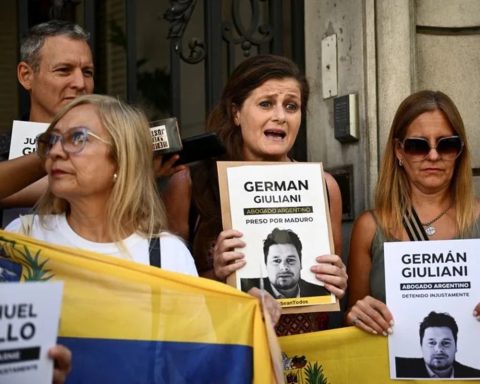Living in a municipality that borders cities in countries such as Paraguay, Venezuela, Bolivia or Argentina brings specific challenges and problems that range from school dropouts higher than the national average to the presence of powerful organized crime organizations or an economy dominated by smuggling.

To understand the challenges faced by voter who lives in border regions and will have to choose mayor and councilor next Sunday (6), the Brazil Agency consulted experts on the topic. They highlight that the lack of projects for local economic development in border municipalities is one of the main obstacles to combating smuggling and reducing the influence of organized crime.
The president of the Institute for Economic and Social Development of Borders (Idesf), Luciano Stremel Barros, said that the relative economic backwardness of border regions occurs because they were the last areas in the country to receive investments.
“You have infrastructure problems and a lack of activities that are quite significant. As a result, these municipalities end up having difficulty establishing a driving force for development”, he observes.
Brazil has 588 municipalities in the border area, an area that covers 150 kilometers from the limit with the ten neighboring countries and that occupies around 16% of the national territory, concentrating 11 million inhabitants.
For the president of Idesf, municipal administrations can, in partnership with the federal and state governments, develop tourism on the borders, which range from the Pampas in Rio Grande do Sul, through the Pantanal, to the Amazon.
“There is great tourism potential in these areas that can be further explored, such as fishing tourism. These biomes are not just in Brazil, they permeate other countries”, highlights Barros.
Organized crime
As Brazil has become a route for international trafficking of cocaine and marijuana produced mainly in Bolivia, Peru, Colombia and Paraguay, organized crime has established itself in several border municipalities, even infiltrating local state structures. .
The coordinator of the master’s degree in borders and human rights at the Federal University of Grande Dourados (UFGD), professor Tomaz Espósito, considers the infiltration of criminal organizations in municipalities to be worrying.
“Organized crime is increasingly becoming aware of the entry into state structures to launder money. There are garbage services, public transport and tenders in which there is a lot of interest from organized crime to participate to launder money and buy support”, highlights the expert.
Furthermore, Espósito assesses that, as the positions in city halls in border municipalities are largely occupied by commissioners, there is often no continuity in public policies. “This greatly weakens the role of the State and opens up gaps and space for organized crime and other groups to enter the municipality’s state space.”
School truancy and smuggling
One of the problems affecting border municipalities is high school dropout rates, which is higher than the national average. For the president of Idesf, school dropout is related to the economic issue.
“Drug smuggling and trafficking are extremely profitable, and boys aged 15 or 16 can earn between R$3,000 and R$4,000 per month. These activities pay more than any other in these areas”, says Luciano Stremel Barros.
Professor Tomaz Espósito assesses that smuggling is part of the culture of border regions. “For many, smuggling is not seen as something illegal. Especially because it does not have a strong economic base in many border municipalities. There are no big companies, no big projects”, he explains.
It is estimated that product smuggling move hundreds of billions of reais per year in Brazilleading to tax evasion that should go into public coffers.
“The municipal financial capacity is very low. The dynamics of the border bring a lot of tax evasion. There is also a need for a permanent policy for the development of this region”, adds Espósito.
The UFGD professor adds that there is a lack of training and personnel for these municipalities to be able to access resources for local projects, such as those available in the Mercosur fund for the economic development of borders (Focem).
“Normally, they are unable to access this money due to the lack of bureaucracy specialized in carrying out a project”, emphasizes Tomaz Espósito, also remembering that the favorable conditions in Paraguay have attracted Brazilian businesspeople to the neighboring country.
“A large part of Paraguayan agribusiness is dominated by Brazilian farmers. There is also an industrialization process in Paraguay carried out by Brazilian businessmen, who cross the border to use cheaper plastic, energy and labor. They assemble the products and re-export them to Brazil”, adds the professor.
National policy
In May this year, the federal government published decree creating the National Border Policy “with a view to promoting security, sustainable development, regional integration, human rights, citizenship, social protection at Brazilian borders”.
For the president of Idesf, the new policy was an advance towards South American integration. “This National Border Policy brings the possibility of greater integration between federal, state and municipal bodies”, explains Luciano Stremel Barros.
